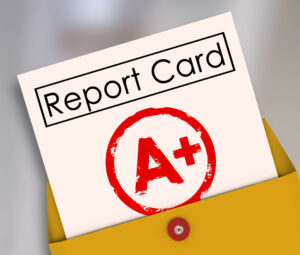7 Ways Candidates Blow A Phone Interview
I’m consistently amazed by how unaware the average job seeker is of how to establish a positive first impression on a phone interview. I hear
I’m consistently amazed by how unaware the average job seeker is of how to establish a positive first impression on a phone interview. I hear

For those of us in HR, the process of checking references on candidates is ingrained. We call, ask a few questions to verify dates and

Managing career decisions can be overwhelming. But all of us face an uncertain future. What can Richard Branson’s career teach us?
Should you ever reject a job offer? Here are 7 red flags that should make you at least think twice before moving forward…
If you’re a job candidate, how do you seal the deal? The responsibility doesn’t lie entirely with a prospective employer – you need to be proactive. Here are useful ideas to help put you to work…